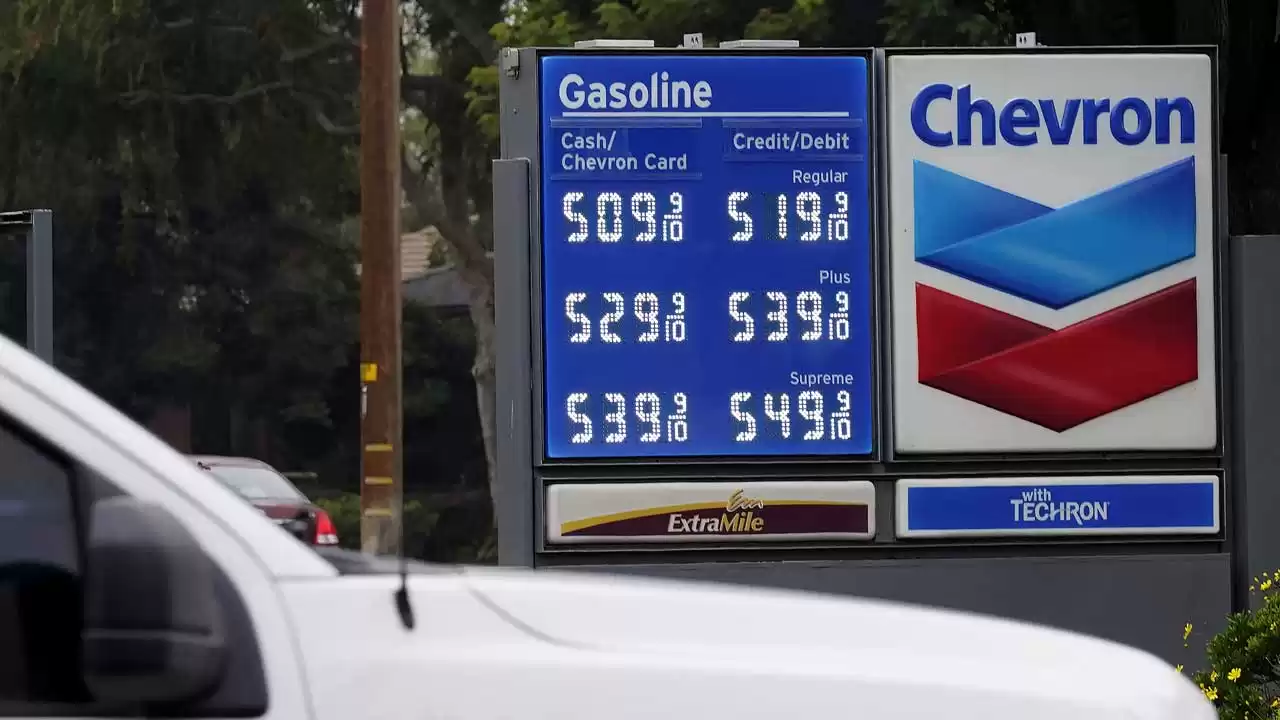
Strong NVDA report indices afloat hawkish FOMC minutes
Stock indices in the US closed lower, but Nvidia's strong earnings boosted the market. Global markets struggled amid inflation concerns.
7939 NW 21st St
Miami, Florida

Stock indices in the US closed lower, but Nvidia's strong earnings boosted the market. Global markets struggled amid inflation concerns.

Fed calms market fears as stocks rise after policy meeting. Interest rates steady, Powell says rate hike unlikely. Inflation remains high.

US stocks fell on Monday due to concerns over Israel-Iran conflict escalation. Retail sales surged, but Treasury yield hit highest level of 2024.

Oil prices edge down following U.S. Federal Reserve comments and Middle East tensions, with uncertainty in demand and market surplus forecasted.

US Dollar Index retreats as US Treasury yields decline, while crude oil prices rise following US military strikes on Iranian targets in Syria.

US gas prices are continuing to rise, with the average price in Fresno increasing from $4.69 to $4.84 in just over a week. The national average is $3.82 per gallon. The rising prices are unusual given that fewer people are fueling up their cars this summer compared to previous years. The increase in gas prices is due to a combination of factors including record temperatures, which have caused refineries to operate below capacity, and production cuts by major oil-producing countries.

Gasoline prices in the US have reached a national average of $3.732 per gallon, with analysts warning that prices may continue to rise. The increase is attributed to rising oil prices, heat-related refinery outages in Louisiana and Texas, and tight gasoline supply. The market has also seen increased buying of gasoline futures contracts by speculators ahead of the hurricane season. Higher wholesale prices are expected to lead to higher retail prices in the coming weeks, but prices may pause or reverse if the hurricane threat dissipates.
Have you ever found yourself wondering about the buzz around the term West Texas Intermediate, or WTI, as it pops up in financial news? Sure, it sounds like something straight out of a Western movie with cowboys and vast desert landscapes, but hold your horses; we're actually talking about something that keeps our modern world running—oil.
The nitty-gritty is this: WTI is a grade of crude oil used as a benchmark in oil pricing. It's often referred to as 'Texas light sweet,' thanks to its low-density and sulfur content which makes it oh-so desirable for refining gasoline—the lifeblood fueling those horsepower engines!
A glance at any respected financial publication will reveal how WTI isn't just another commodity; it's part of an intricate dance between supply-demand dynamics, geopolitical influences, and market speculation. Wondering why gas prices fluctuate faster than your mood swings on a stressful day? Chances are headlines featuring updates on WTI could shed some light.
In tracking news under this topic, expect to ride through analysis on trading prices per barrel, insights into production levels from U.S shale regions (yes, that includes our star performer – West Texas), not forgetting OPEC decisions making ripples across global markets. Throw in provocative questions like "Will there be enough?" or "What's next for energy investors?", adding spice to what might seem dull economic discussions.
To wrap things up neatly with an analogy: If you think of the global economy as a complex engine, then oil—and by extension WTI—is akin to its premium lubricant ensuring all parts move smoothly without grinding together causing irreparable damage.
You see my friends; staying informed about WTI means more than just knowing the price per barrel—it gives us context for larger narratives shaping our economic landscape. So next time you come across this topic blooming amidst waves of information in your newsfeed dive deep because knowledge here can be as black gold itself!